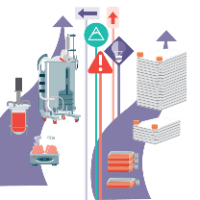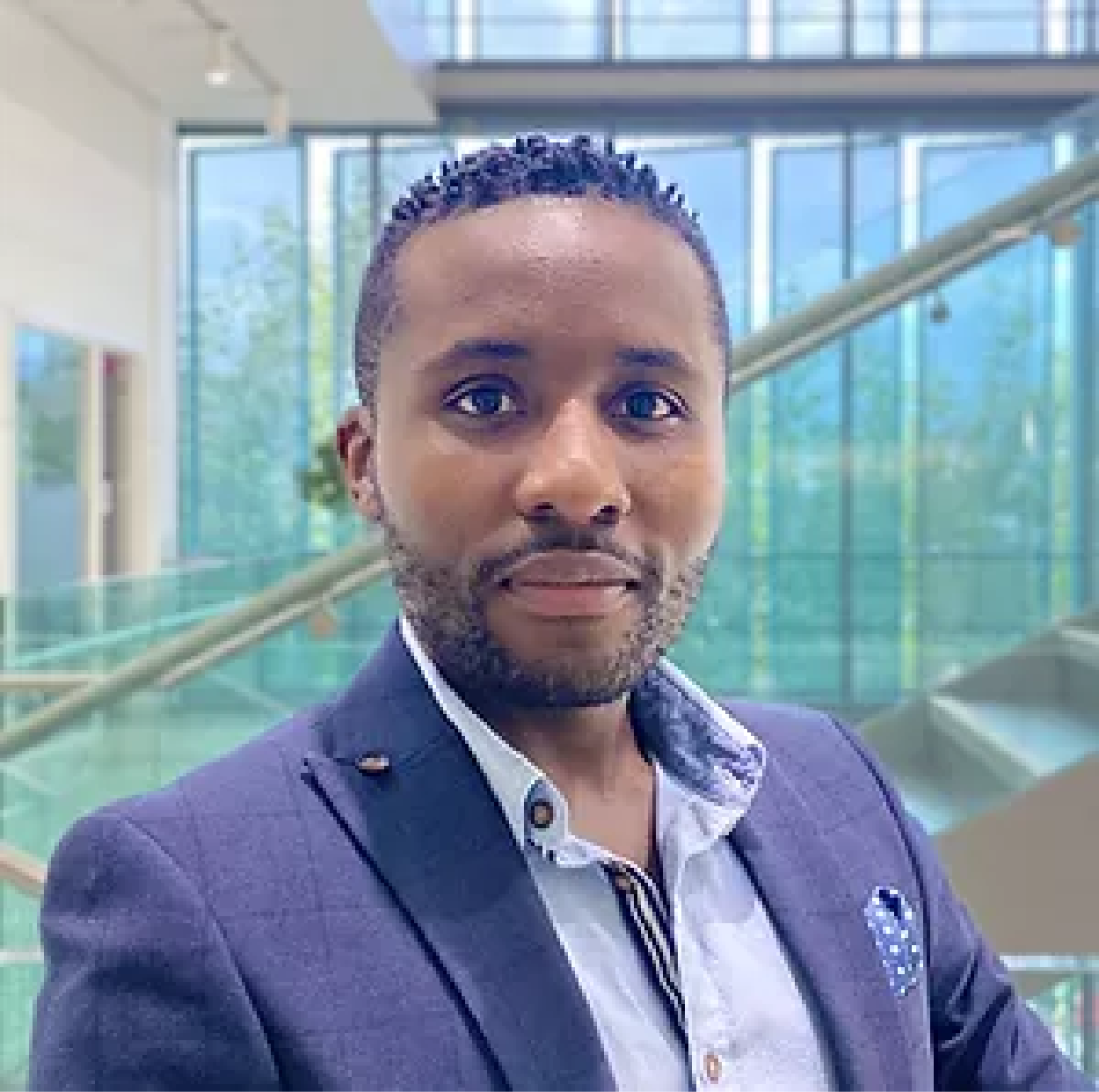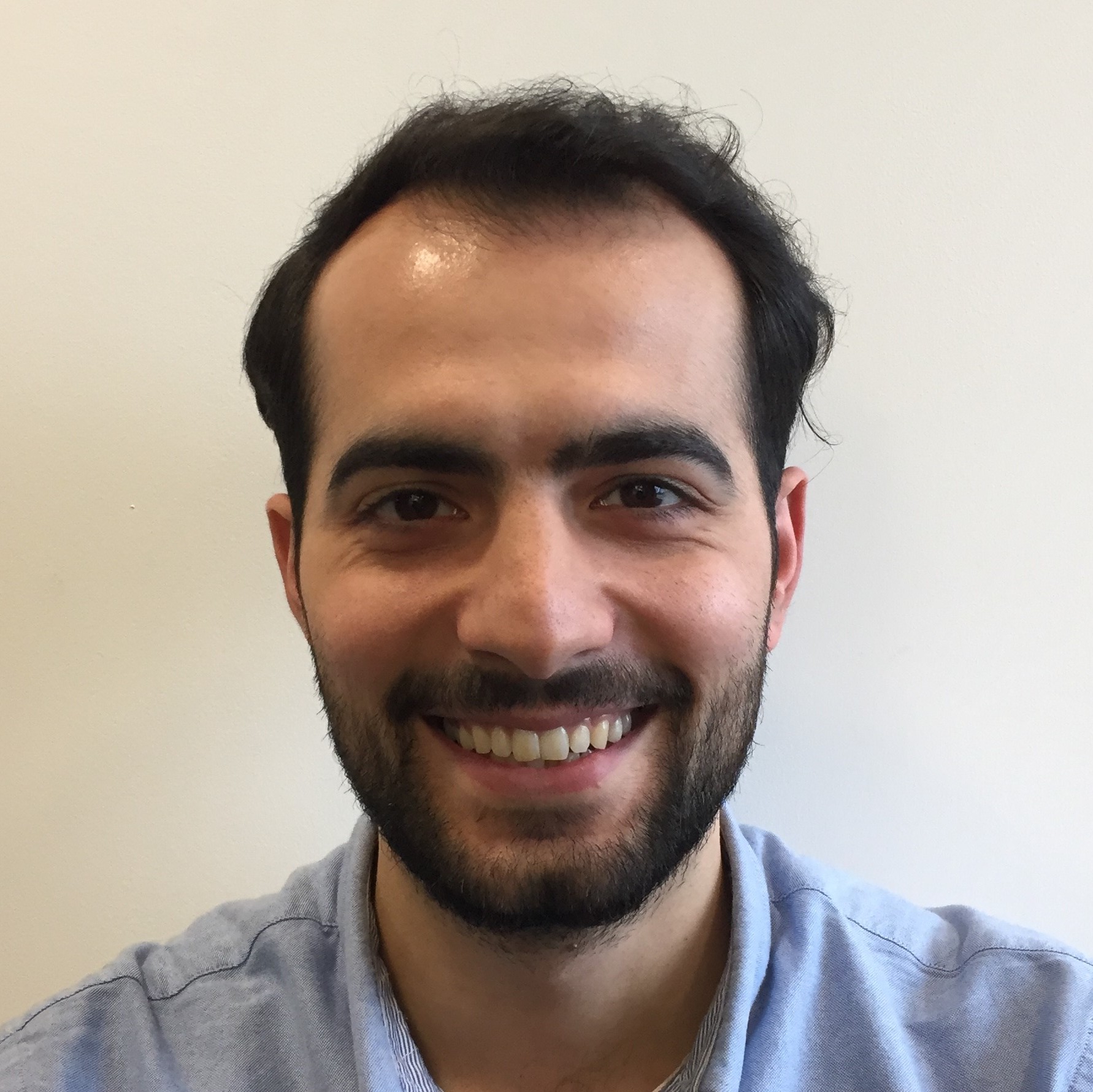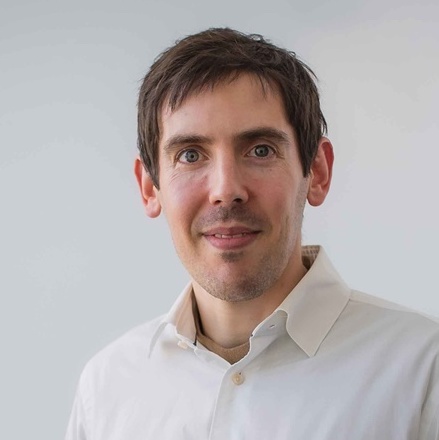Key benefits of a microfluidic platform for cell culture at a clinically relevant scale
Cell & Gene Therapy Insights 2022; 8(8), 1021;
DOI: 10.18609/cgti.2022.151
Published: 10 September 2022
FastFacts
Watch the video or read the poster to learn:
- The capabilities of an automated cell therapy workstation for process development and manufacturing combining advanced end-to-end bioprocessing and analytical capabilities and seamless scale-up/down
- Highly efficient bioprocessing of primary T-cells, with 5-10x lower viral vector consumption, higher fold expansion, and tighter control of cell phenotype compared to conventional research cell culture vessels
- Bioprocessing of adherent mesenchymal stem cells in monolayer in the MicrofluidX platform, which has been shown to surpass the performance of conventional cell culture vessels with a 3x higher cell density while maintaining cell phenotype
- Longitudinal studies over 6 passages of mesenchymal stem cells, which showed 50% higher average and 30% lower variability in cell densities compared to flask culture, while maintaining cell phenotype across all passages



